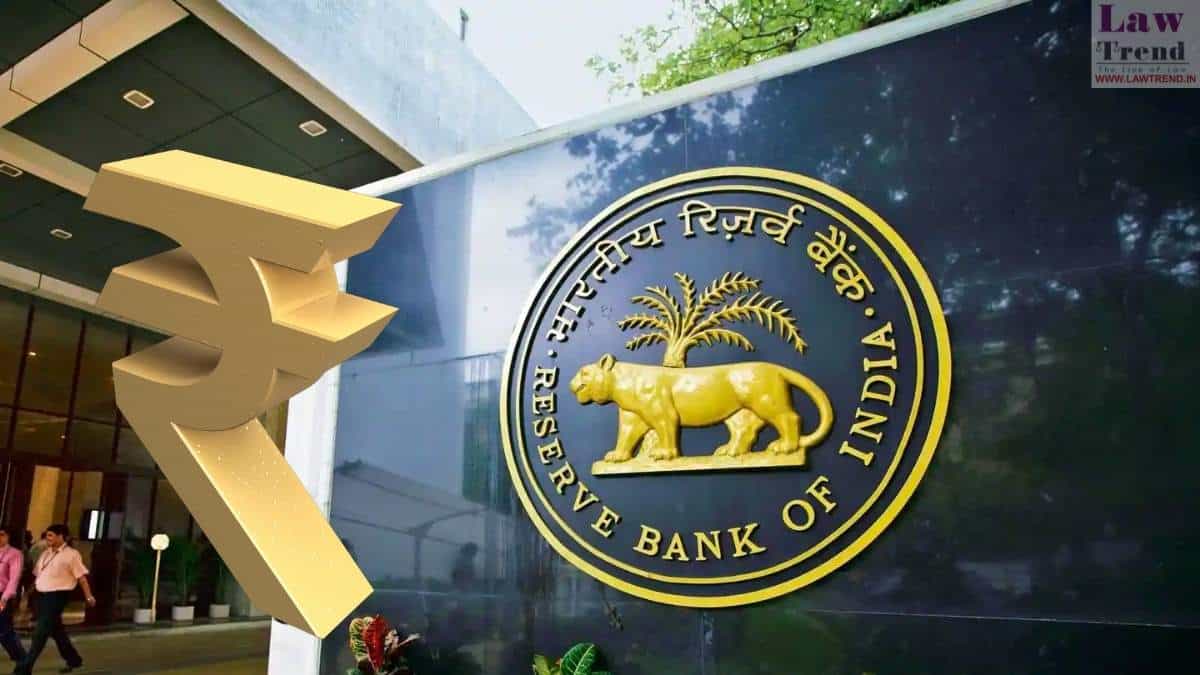The Reserve Bank of India (RBI) has proposed sweeping changes to the rules governing investments by regulated entities (REs) such as banks and NBFCs in Alternative Investment Funds (AIFs), aiming to strike a balance between risk management, regulatory clarity, and the need to support strategic sectors. The draft directions, released for public feedback, come amid ongoing concerns about the use of AIFs for indirect loan evergreening and the risk of regulatory arbitrage.
5% Cap Without Restrictions:
The RBI proposes that investments by any single regulated entity in an AIF scheme will be allowed up to 5% of the scheme’s corpus without any restrictions. This provides REs with flexibility for limited exposure to AIFs while keeping systemic risk in check.
Single-Entity Contribution Ceiling:
The central bank has recommended that the aggregate contribution by a single regulated entity to any AIF scheme shall not exceed a specified percentage of the scheme’s corpus (exact percentage to be finalized). This ceiling will apply collectively to all REs investing in a particular AIF scheme, further preventing concentration of risk.
Exemptions for Strategic AIFs:
The RBI may, in consultation with the government, exempt certain AIFs set up for strategic or socio-economic purposes from these caps. This is particularly relevant for government-backed funds like the SWAMIH fund, which supports affordable housing and other public interest projects, and for sovereign wealth funds seeking similar exemptions.
Prospective Applicability:
The revised directions will apply only to new investments and commitments made after the new rules come into effect. Existing investments or commitments will continue to be governed by the current norms, ensuring a smooth transition and regulatory certainty for ongoing exposures.
Evergreening and Provisioning Norms:
The RBI’s earlier circulars had already barred REs from investing in AIFs that downstream into their own debtor companies, to prevent evergreening of loans. The revised approach clarifies that provisioning is required only to the extent of the AIF’s investment in the debtor company, not the RE’s entire investment in the AIF, and excludes investments made through intermediaries like fund of funds or mutual funds.
Risk Management and Reporting:
The RBI’s draft also reiterates the need for REs to have robust internal policies for AIF investments, regular monitoring, and timely reporting to the regulator.
Insight
The RBI’s proposed framework is a response to industry feedback and government advocacy for flexibility in strategic sectors, while maintaining a strong regulatory grip on potential risk channels. By capping exposure, clarifying provisioning, and allowing exemptions for funds with clear public interest mandates, the RBI aims to foster a more transparent, stable, and development-oriented AIF ecosystem in India.
Source: RBI Notification, LinkedIn – Government Advocacy for Exemptions, Deccan Herald, Business Standard, Lexcomply

